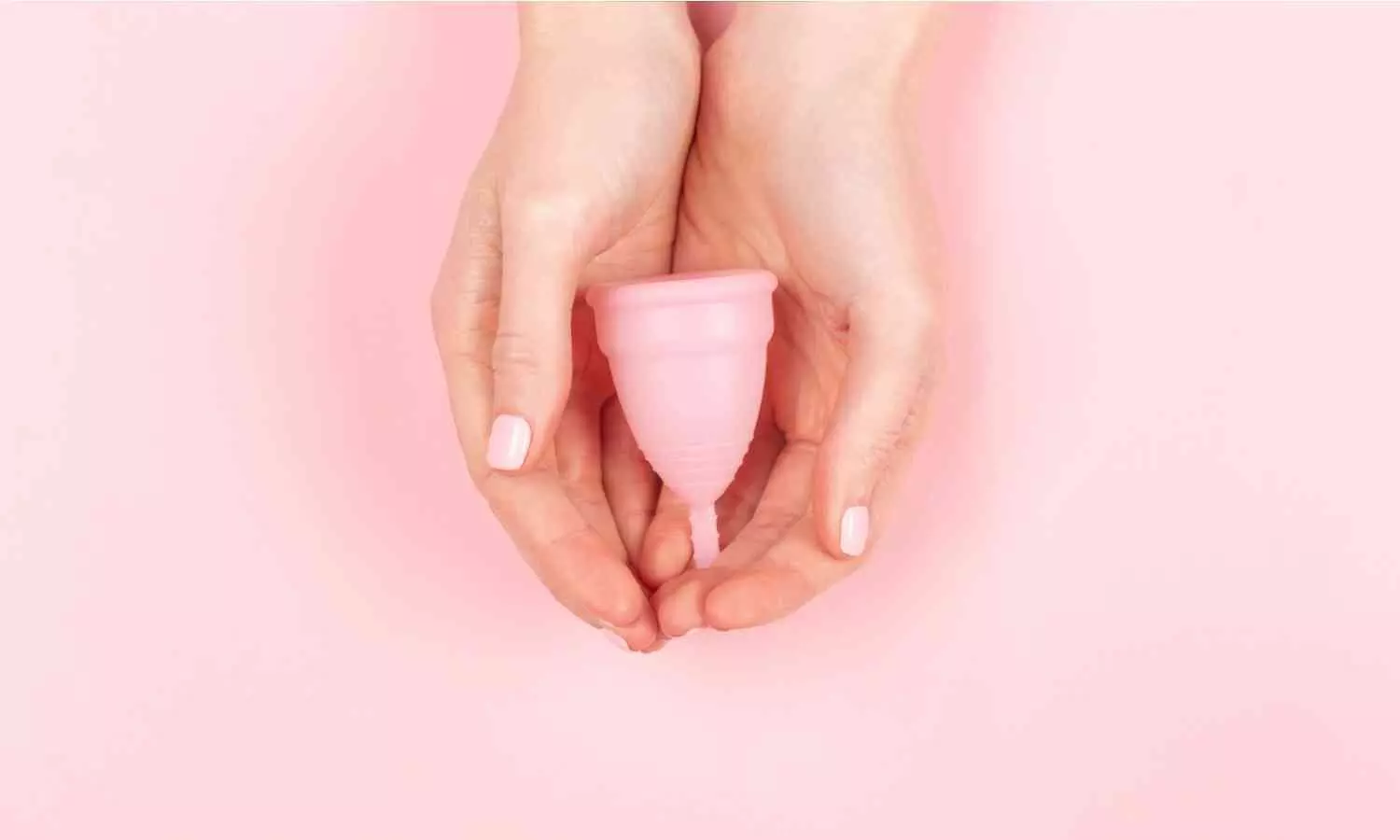New IIM Lucknow Study Highlights Determinants of Menstrual Cup Adoption in Indian Women

Lucknow: A study conducted by researchers at the Indian Institute of Management (IIM) Lucknow revealed that price sensitivity, product quality, and environmental consciousness significantly influence women’s attitudes toward adopting menstrual cups in India.
Published in the Journal of Social Marketing, the detailed study examined various factors affecting women’s intentions to use menstrual cups. It surveyed 304 women to explore how functional, emotional, conditional, epistemic, and environmental values impact their adoption decisions, preferences, and overall acceptance and use.
The findings reveal that emotional values had the most significant influence, “suggesting that respondents believe that they are making personal contributions towards sustainability and society by adopting menstrual cups”.
This was followed by environmental factors. Previous studies showed that the environmental costs of menstrual cups are less than the conventional products, as sanitary pads produce substantial environmental waste, and therefore, result in high plastic pollution.
The environmental factor regarding menstrual cups “forms a positive attitude towards behavioural intention; which resonates well with social marketing principles, where societal and environmental well-being is a central theme”, said the team.
In addition, factors such as the desire for knowledge, price sensitivity, and quality considerations also greatly influence adoption intentions.
“Adopting menstrual cups in India can revolutionise feminine hygiene by promoting health, comfort, and environmental sustainability, reducing waste and infection risks for millions of women. It is a vital step toward empowering women with safer, eco-friendly choices," said Prof. Priyanka Sharma, from IIM Lucknow
“Prioritising menstrual health is key to fostering well-being and dignity for women across the nation,” she added.
The insights gained from this research can be instrumental for social marketers and policymakers aiming to promote menstrual cup usage.
By emphasising the emotional value of menstrual cups and showcasing their sustainable benefits, such as reducing environmental waste, marketing campaigns can be designed to encourage more women to make the switch, the researchers said.


